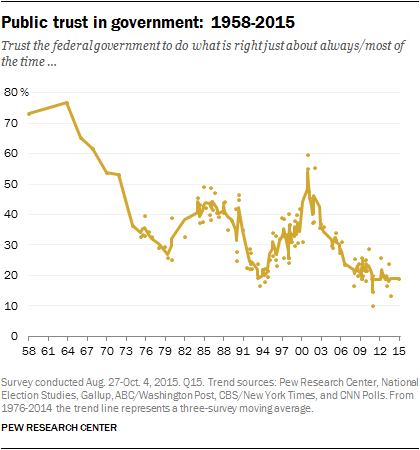 In response to the Muslim travel ban announced by President Trump in January 2017, some Google employees discussed making changes to their search engine so that Islamophobic and anti-immigrant results would be less prominent.
In response to the Muslim travel ban announced by President Trump in January 2017, some Google employees discussed making changes to their search engine so that Islamophobic and anti-immigrant results would be less prominent.
That’s according to emails obtained by The Wall Street Journal, which reports:
The list of ideas included:
“Actively counter islamophobic, algorithmically biased results from search terms ‘Islam’, ‘Muslim’, ‘Iran’, etc.”
“Actively counter prejudiced, algorithmically biased search results from search terms ‘Mexico’, ‘Hispanic’, ‘Latino’, etc.”
“Can we launch an ephemeral experience that includes Highlights, up-to-date info from the US State Dept, DHS, links to donate to ACLU, etc?” the email added.
Several officials responded favorably to the overall idea. “We’re absolutely in…Anything you need,” one wrote.
But a public-affairs executive wrote: “Very much in favor of Google stepping up, but just have a few questions on this,” including “how partisan we want to be on this.”
Nothing came of these ideas, a Google spokesperson said.
Nevertheless, the existence of the emails has prompted furious denunciation from many conservatives who already believe giant tech corporations are working against them. Fox News‘ Tucker Carlson discussed the story on his program Thursday, “Here, Google employees are plotting to subvert our entire public conversation secretly.” Canadian psychologist and Intellectual Dark Web superstar Jordan Peterson tweeted, “If this is true it is treasonous and should be treated as such.”
Treason is an absurd allegation here, especially coming from someone like Peterson, who purports to defend free speech. Google is a private company, and its algorithm is not required by law to humor conservative talking points about immigration and Islam. Unfortunately, many on the right increasingly sound like they want the government to regulate tech companies, which is a serious betrayal of principle.
It’s perfectly understandable to think Google ought not to stack its search results in a politically biased way. But pretending that these emails betray criminal intent, or treasonous behavior, is silly. Conservatives peddling this line sound just as unhinged as the #Resistance partisans who blindly insist that every Trump utterance is evidence of some grand conspiracy to hand the country over to Russia.
from Hit & Run https://ift.tt/2OHsoFm
via IFTTT
 If nothing else, the confirmation hearings for
If nothing else, the confirmation hearings for 
















